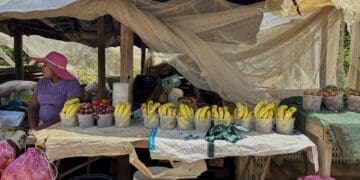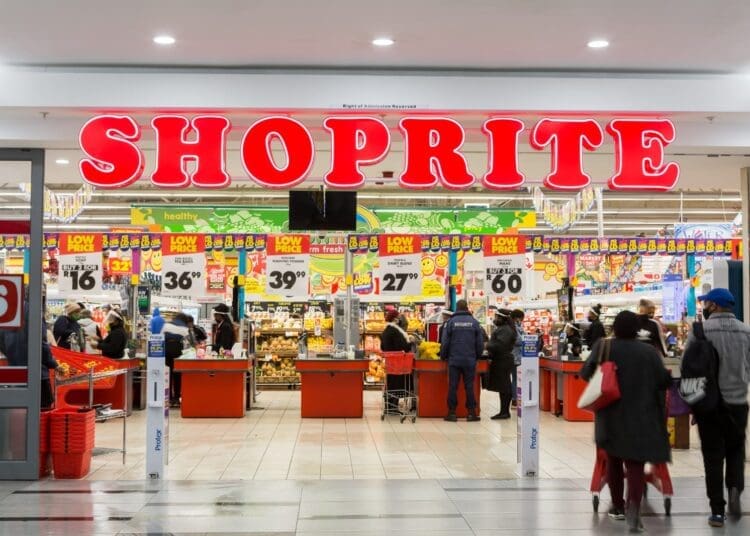By: Tebogo Mokwena
Retail giant Shoprite has been given the green light by the Competition Tribunal to acquire certain supermarkets owned by Massmart as long as they are taken over by SMMEs and historically disadvantaged groups. Furthermore, Shoprite has also been ordered to maintain supply deals the stores agreed to with SMMEs, and they have undertaken to invest in SMMEs and smaller players.
The decision was made by the tribunal recently following Shoprite’s announcing its intention to buy retail supermarkets, wholesale and liquor stores, and wholesale stores located in different parts of South Africa. Competition Tribunal communications officer Gillian de Gouveia said that the Competition Commission had identified competition concerns in 10 retail stores, which were designated as “highly-problematic stores”.
They included Cambridge Botshabelo, Cambridge Thaba Nchu, Cambridge Nkandla, Cambridge Ladybrand, Cambridge Mitchell’s Plain, Rhino Qumbu, Cambridge Nongoma, Cambridge/Savemoor Tembisa, Rhino Ulundi and Cambridge Evaton. De Gouveia pointed out that the tribunal approved the proposed merger on the basis that Massmart divest the 10 problematic stores to SMMEs and historically-disadvantaged persons.
“The purchaser/s must be an independent third party/s unrelated to Shoprite, must be a small or medium-sized business/es (SMMEs) and/or historically-disadvantaged persons, and must possess the necessary financial resources proven technical expertise and incentive to develop the highly-problematic stores as viable and competitive in the relevant geographic areas,” De Gouveia said.
Also, SMMEs, businesses owned by historically-disadvantaged persons and suppliers of in-store brands whose agreements may be disposed of by Massmart owing to the merger must continue supplying Shoprite under the new merger. De Gouveia also said that the terms and conditions must be on the same level as those Massmart offered, with additions. “Shoprite undertakes to further invest in the development of independent retailers, spaza shops, SMME suppliers, and small farmers and caterers,” she said.
“It will also spend a specified minimum amount on various programmes developed jointly with the Department of Trade, Industry and Competition.” De Gouveia noted that Shoprite committed to increasing its procurement of food produced locally and would endeavour to increase its procurement of goods manufactured locally. The jobs of those working in these stores would also be safe. “There will be no retrenchments as a result of the merger since all employees of the stores that are being disposed of by Massmart to Shoprite will be transferred to the Shoprite Group in line with the Labour Relations Act on no less favourable terms to those which apply pre-merger,” she also said.































































